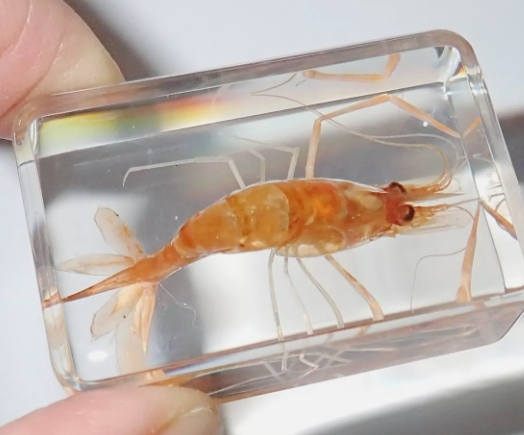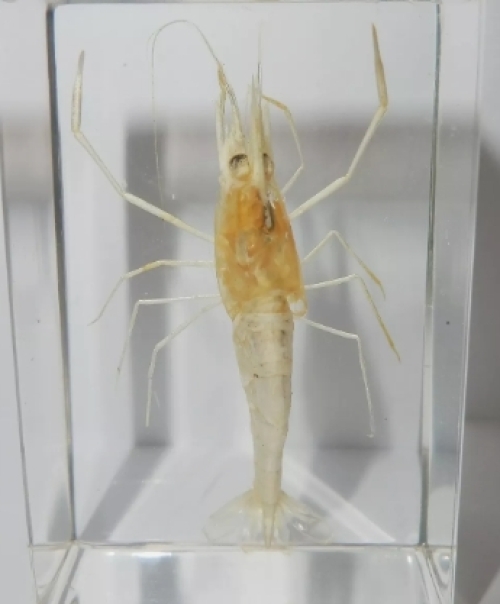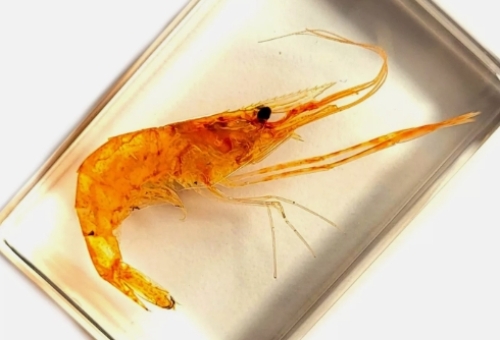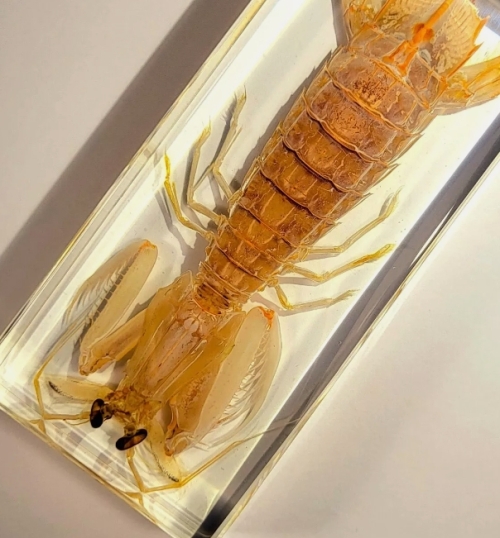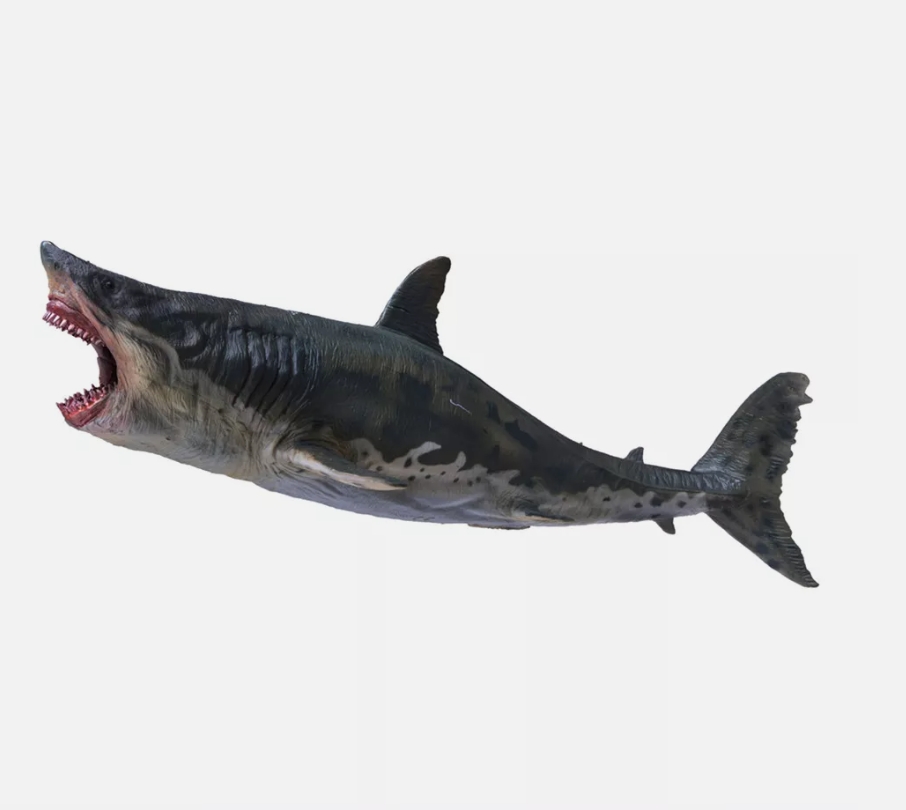Shrimp, as an important part of Marine and freshwater ecosystems, has rich biodiversity. Shrimp specimens not only play an important role in scientific research, but also have wide applications in education and ecological protection.
Shrimp specimens allow researchers to observe their physiological structure, behavioral characteristics, and ecological habits in detail. By analyzing the shrimp's external morphology and internal organs, scientists can shed light on the shrimp's taxonomy, ecological niche, and its role in the food chain. In addition, the diversity and adaptability of shrimp make them an important indicator species for monitoring water quality and ecological environment changes.
In the field of education, shrimp specimens provide intuitive learning materials for biology and ecology courses. By observing and dissecting shrimp specimens, students are not only able to master basic anatomical techniques, but also enhance their understanding of biodiversity and ecological balance.
In conclusion, the application of shrimp specimens in scientific research and education makes them an important tool for understanding aquatic ecosystems and promoting the conservation and sustainable use of aquatic environments.

